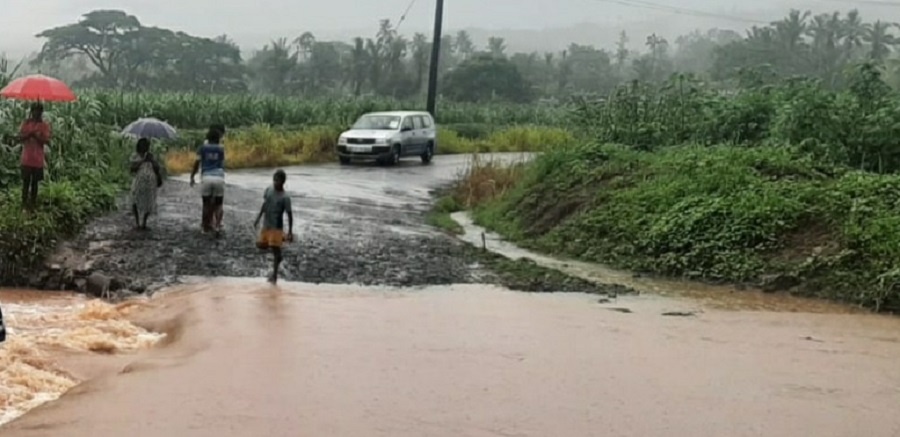Health authorities in Fiji are sounding the warning to the public to take individual protective measures after cases of leptospirosis and deaths doubled compared to the same period last year.
Officials from the ministry of health have also escalated efforts to raise awareness on protective measures in communities across the country particularly in the West and in the eastern division where cases have also been reported for the first time this year.
Case numbers as of yesterday stood at 347, averaging six cases per day since the start of the year, and the number of deaths jumped to 20, well above numbers reported around the same time last year at 160 cases and 10 deaths.
Cases have been predominantly in the 1 – 39-year-old age group, 61% male and 39% female, and 79% in the i-Taukei population, Permanent Secretary Health Dr James Fong said.
The majority of the cases and fatalities were reported in the West, with 162 and 17 deaths. In the central division, there have been 110 cases and one death, and in the North, 67 cases with two deaths. No deaths have been recorded in the eastern division where eight cases have been confirmed.
Dr Fong said the high numbers from the West are a result of the floodings that happened there, which the ministry is working to manage as well as raise awareness on preventative measures. The onus is on individuals as well to take measures to protect themselves.
“To reduce your individual risk, it is important to understand that the risk to humans is mediated by greater occupational and recreational exposure to animals, soil, mud, and water,” he said.
“Important prevention measures include wearing full covered footwear at all times when going outdoors, avoiding wading or swimming in flooded waters, regular use of clean fresh water to clean up, especially after exposure risk in flooded and/or muddy areas, and keeping all food and drinks covered and away from rats. For workplaces the importance of controlling pests, practicing good personal hygiene, using protective equipment, especially footwear when in flooded and/or muddy areas.”
Early treatment is equally important to decrease the severity and duration of the disease, says Dr Fong.
“Please seek medical care if you have recently had contact with floodwaters, mud, or animals, and develop the following symptoms: fever, muscle pain, headache. You may also have red eyes, loss of appetite, nausea/vomiting, dizziness, or feel weak. Leptospirosis can be treated with appropriate antibiotic medications prescribed by a doctor if treatment is sought early. Danger signs for severe leptospirosis include shortness of breath, coughing blood, chest pain, yellow eyes/skin (jaundice), signs of bleeding (including unexplained bruising), decreased or increased urination, difficulty staying awake. Severe leptospirosis is life-threatening, and anyone with these symptoms must be taken to the hospital immediately.”
Dr Fong says community engagement efforts are also in place to educate the community on the risk of exposure to floodwaters and to discourage people from playing in flooded areas and muddy places that increase their risk of contracting leptospirosis and other water-borne diseases.
Photo: Fiji Police









